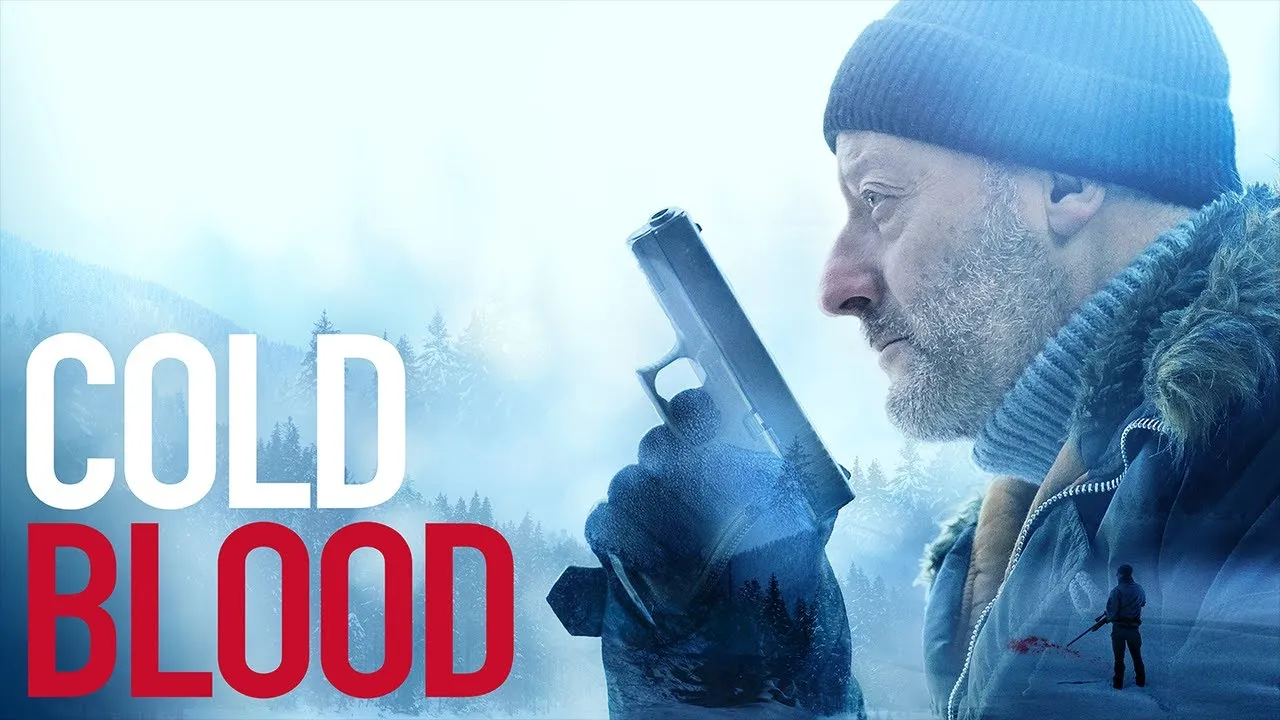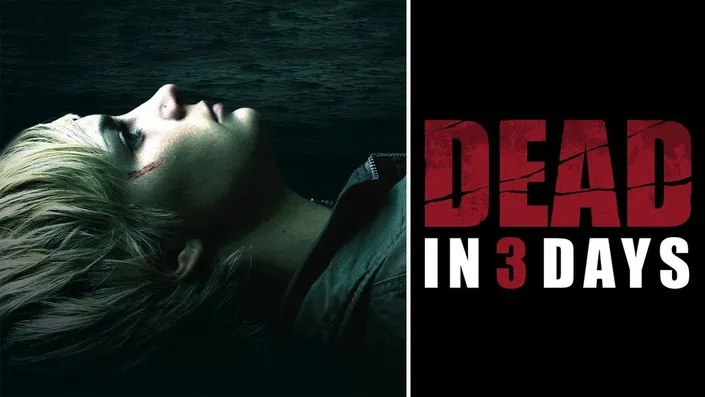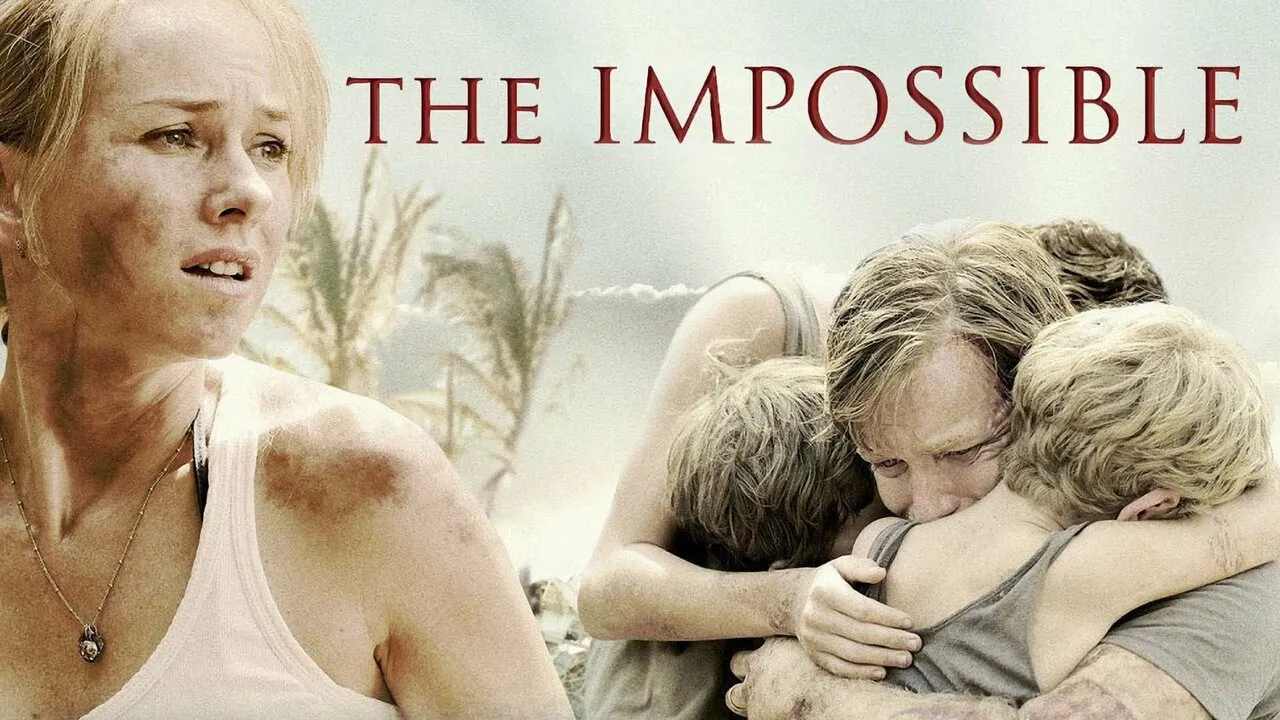The world knows the name Mike Banning. From the White House siege in Olympus Has Fallen to international conspiracies in Angel Has Fallen, Gerard Butler’s unyielding Secret Service agent has become a modern action icon. Now, in Night Has Fallen, the fourth installment of the franchise, the stakes are higher, the world is darker, and survival comes without a safety net.
Directed once again by Ric Roman Waugh, this long-anticipated sequel strips away technology, backup, and borders—leaving only instinct, grit, and gut-wrenching tension. It’s not just another day for Mike Banning—it’s the last stand before the lights go out.
Set a few years after Angel Has Fallen, Night Has Fallen begins with a wave of coordinated cyberattacks that bring global communication systems to their knees. Satellites fall silent. Military command chains are broken. Planes drop from radar, and entire cities lose power in seconds.
In the chaos, a high-level summit of global leaders in Berlin becomes the next target of a ruthless paramilitary group. Their goal? Annihilate diplomatic order and usher in a new age of chaos. The President of the United States is among the trapped, and once again, there is only one man trusted enough—and tough enough—to protect him.
Mike Banning, now retired and struggling with PTSD, is pulled back into action when the blackout hits while he’s in Europe. With no communications, no team, and only his training to rely on, Banning must navigate a powerless, paranoid world to save the President and stop an attack designed to end the free world.
Gerard Butler proves once again why Mike Banning resonates with fans. Older, wearier, and more haunted than ever, Banning isn’t invincible—but he is unstoppable. This time around, Butler balances the explosive action with a more grounded, emotional performance. We see a man wrestling not just with enemies, but with trauma, guilt, and the question of what kind of world he’s still fighting for.
Morgan Freeman reprises his role as President Allan Trumbull, now a seasoned leader faced with the failure of modern systems. Their relationship—based on mutual respect, loyalty, and trust—adds emotional heft to the story.
New to the series is a breakout performance by a rising star as a mysterious hacker-turned-ally, who may hold the key to restoring communication—or destroying it completely. Their dynamic with Banning injects a much-needed generational clash between old-school survival and digital warfare.
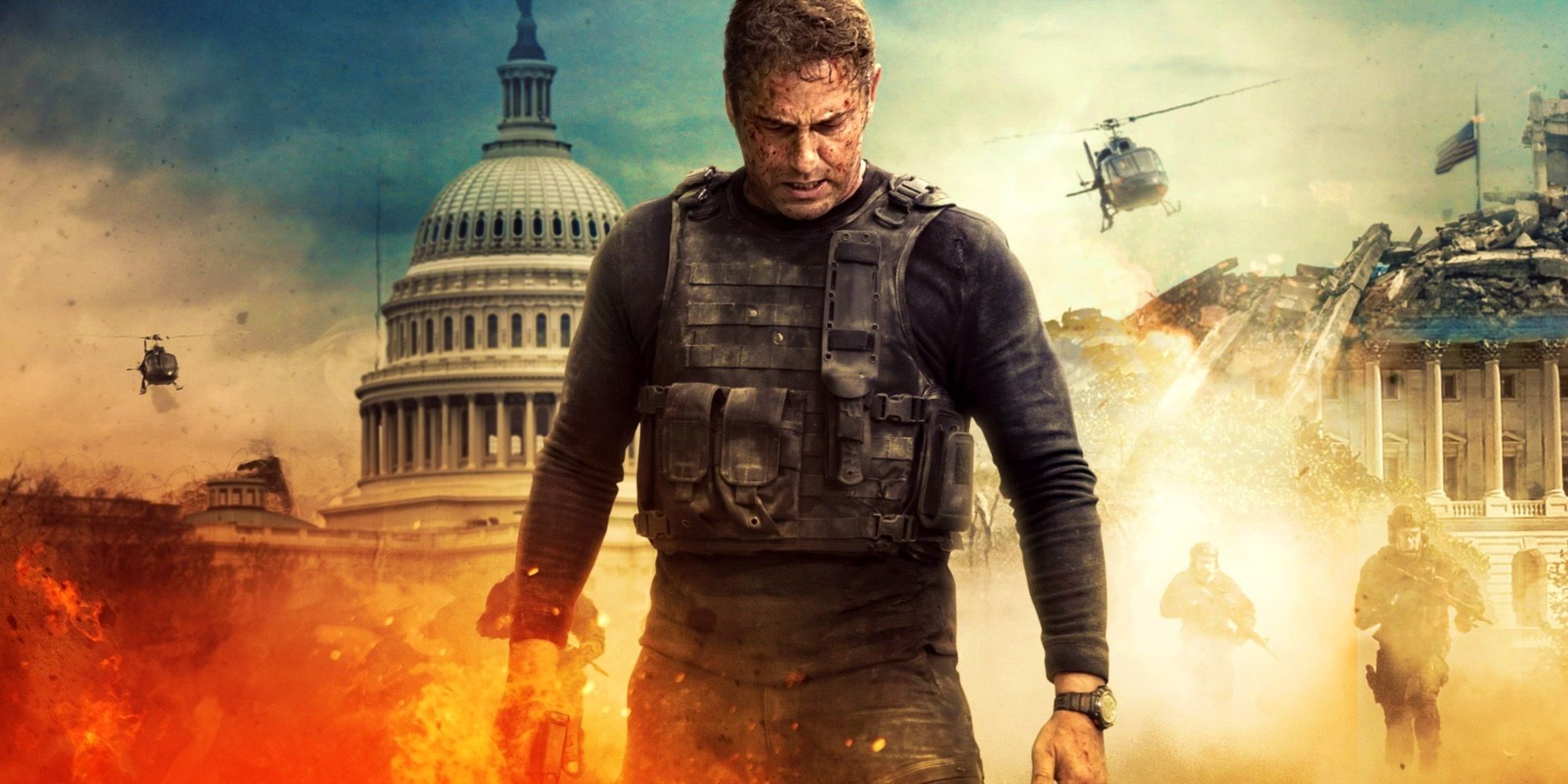
Fans of the franchise know what to expect: tight fight choreography, tactical realism, and breathtaking stunts. But Night Has Fallen adds a new flavor—isolation. Without access to modern tech, every gunfight is improvised. Every plan depends on instincts and old-school training.
Set pieces include a chilling underground escape in pitch-black tunnels, a haunting sniper sequence during a citywide blackout, and a final rooftop confrontation that unfolds with minimal dialogue and maximum intensity. Director Ric Roman Waugh leans into tension and atmosphere, making the darkness itself a character—and a threat.
There’s less CGI here than in the last installment. Instead, the action feels raw and grounded, using real environments and practical effects to amp up the suspense.

While previous films dealt with betrayal and loyalty, Night Has Fallen turns its lens toward collapse—of systems, of trust, and of the illusions we build around control. When the power goes out, who still stands? When governments fall silent, what becomes of order?
Banning, who once relied on a network of allies and intelligence, is forced to strip everything back to what made him: training, willpower, and the capacity to outlast chaos.
The film also explores the fragility of peace. In a world driven by digital infrastructure, what happens when everything familiar disappears? The villains in Night Has Fallen aren’t just terrorists—they’re opportunists who understand that fear spreads faster than information.
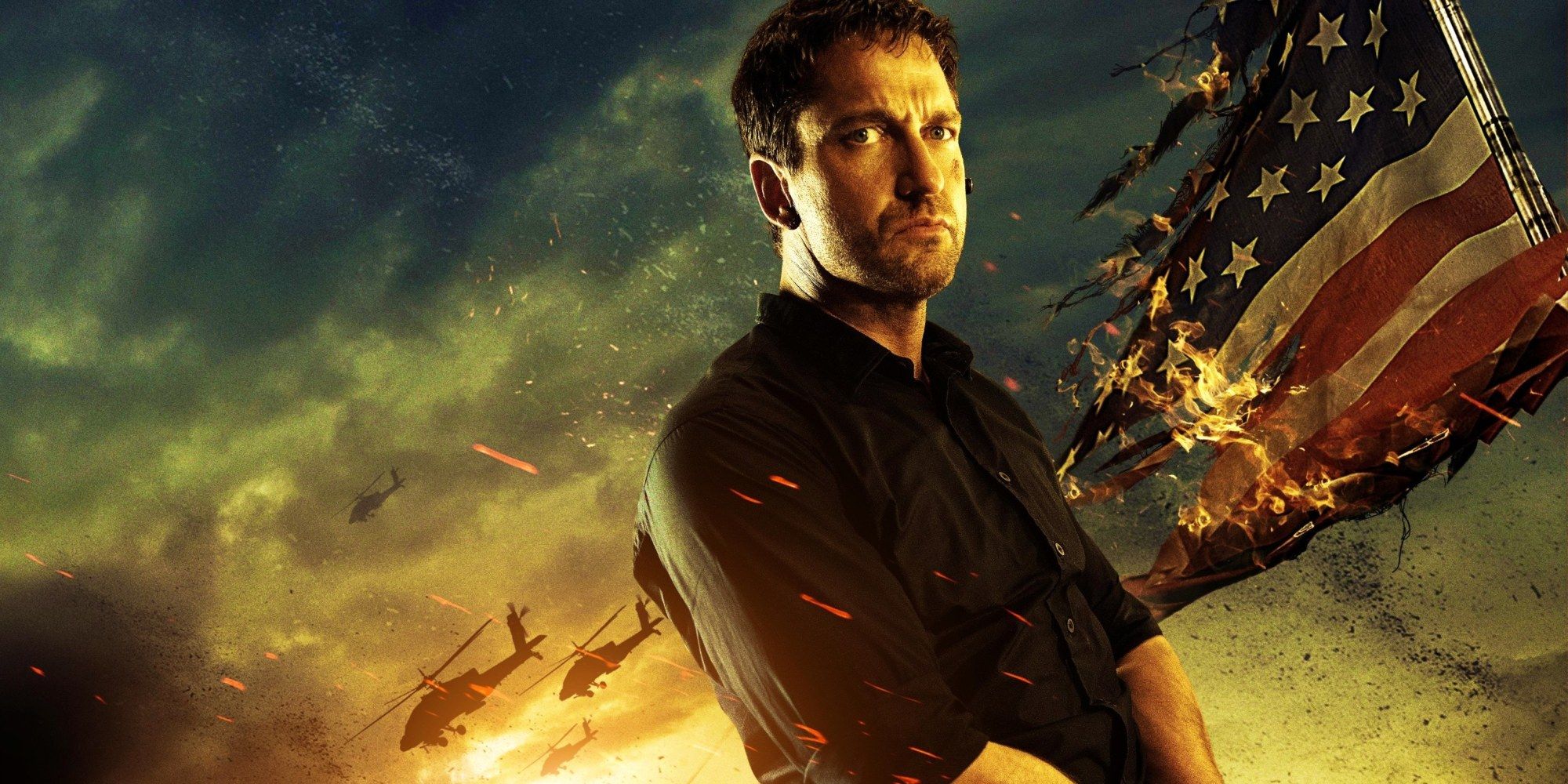
Night Has Fallen is both a return to form and a bold reinvention. It retains the franchise’s tight pacing and gritty violence, but injects a sharper edge of realism. There’s no deus ex machine here—just a man trying to do what’s right in a world where right and wrong have lost their signal.
Fans of the original trilogy will feel right at home, while new viewers will appreciate the standalone story and global resonance. With well-choreographed action, sharp performances, and a chilling look at a world just one blackout away from collapse, this is more than just another action movie—it’s a survival thriller wrapped in a geopolitical nightmare.

